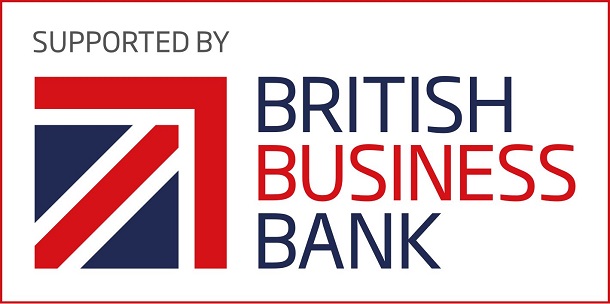
Starting up a new business or growing your existing business is no easy task. It takes hard work, time and money to grow a business, and many new and small companies struggle to find the funding they need.
As a business owner, it can be difficult to find the security to take out a business loan for your organisation, especially if you have no significant assets yet and a non-existent credit score. The government have introduced a range of initiatives that are designed to help small and start-up businesses get themselves off the ground by encouraging banks to lend to them.
One of the most notable of these government initiatives is the Enterprise Finance Guarantee (EFG) scheme, which was designed to help businesses that have previously been turned down for lending.
What is the Enterprise Finance Guarantee (EFG) Scheme?
Enterprise Finance Guarantee, or EFG, is a scheme created by the UK government that aims to allow lenders to offer finance to viable businesses that struggle to secure other forms of funding because of lack of security.
The scheme was launched in 2009 and is a reworking of the old Small Firms Loan Guarantee scheme. It is now run by the government’s British Business Bank, although all loan decisions are still made by the lenders themselves.
While all lending agreements are still made between the borrower and the lender, EFG will provide a guarantee to the lender to help the loan to get approved. It is only available to businesses that meet the eligibility criteria, and there is still no guarantee that a business will definitely be approved as the lender will also need to decide if your business is viable and able to make the repayments.
Most major banks and lenders are part of the EFG scheme, so it is important to shop around and find out all the various options available to you. Every lender may have slightly different terms and conditions for their loans and it is vital that you find the best option for your business.
How does the Enterprise Finance Guarantee (EFG) Scheme work?
EFG loans work by the government offering a guarantee on 75% of the losses that the lender could incur if the loan can’t be repaid. This means that lenders are only exposed to a small proportion of the risk and are therefore more likely to approve the finance agreement. The aim of the EFG scheme is to open up funding to more small businesses and help more companies get the funding they need to get off the ground.
When applying for a loan using the EFG scheme, the lending decision is solely made by the finance provider and not the government, although it is the government that is providing the guarantee for the loan.
Borrowers will pay interest and fees to lenders as they would with any other loan, and as well as this they will also need to pay a quarterly fee to the government. These additional fees often make EFG loans and finance agreements more expensive than other funding, but it can be the difference between your business being approved for a loan or not.
Various types of funding are available under the EFG scheme, including business loans, revolving credit facilities, invoice finance, refinancing and debt consolidation. It is important that you decide which type of finance is going to be right for you before looking to get approved for the EFG scheme.
What is the eligibility criteria for the Enterprise Finance Guarantee (EFG) Scheme?
The government have set out their own eligibility criteria for the EFG scheme, although the lender will ultimately determine all EFG-backed lending. The eligibility criteria are set out as guidance from the government and may vary between loan providers:
- Businesses operating within the UK
- An annual turnover of £41 million or less
- Businesses that are seeking finance between £1000 and £1.2 million
- Can afford to repay the loan over a period of between 3 months and ten years depending on the term of the lending
- Require funding for an eligible business purpose (the majority of businesses are eligible, and the most significant exclusion to note is the financing of specific export orders)
- Operating within a business sector that is eligible for EFG funding (the majority of sectors are eligible)
While the government is guaranteeing 75% of the loan amount on behalf of your business, that does not mean that you are only liable for 25% of the debt. You are still required to pay back the full loan amount.



